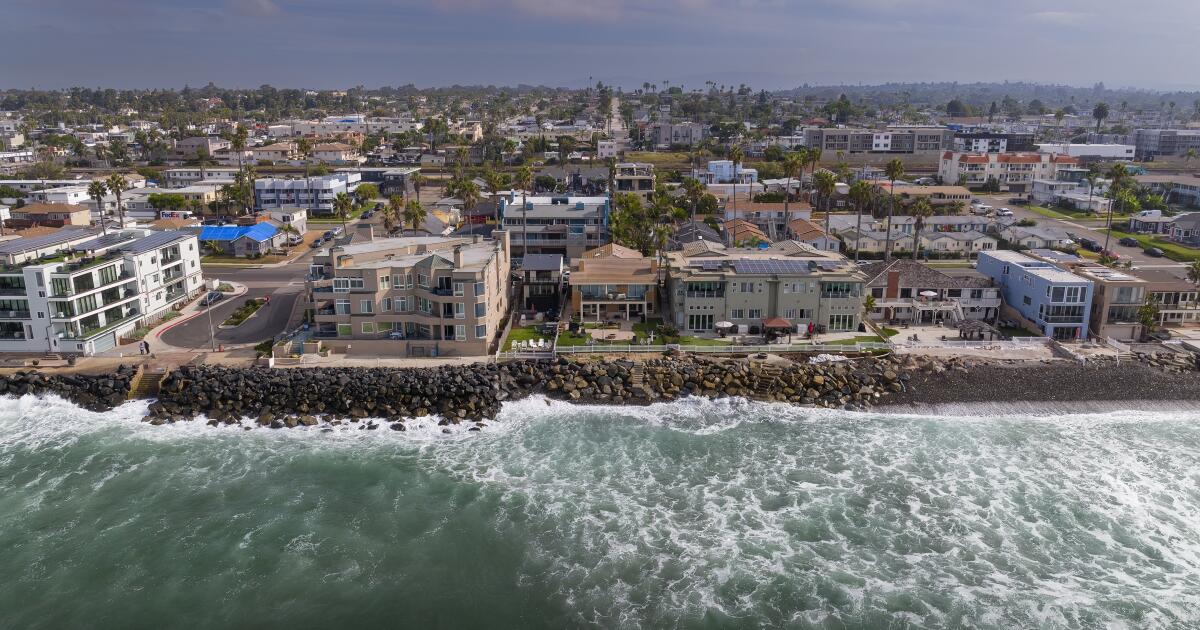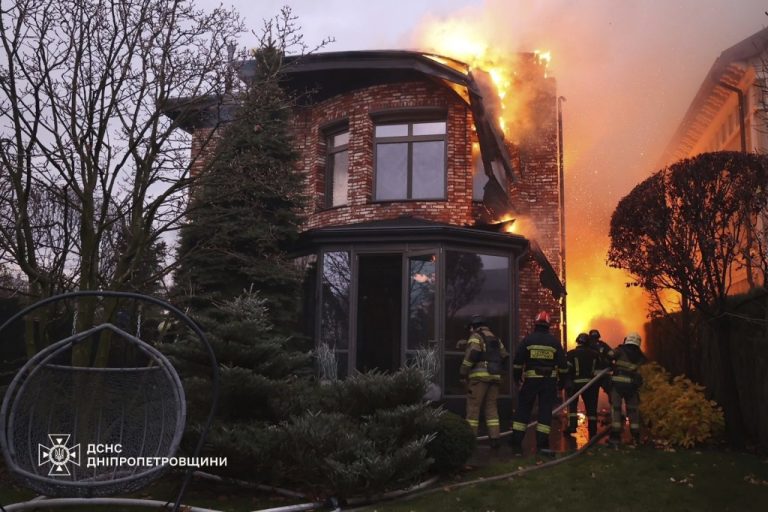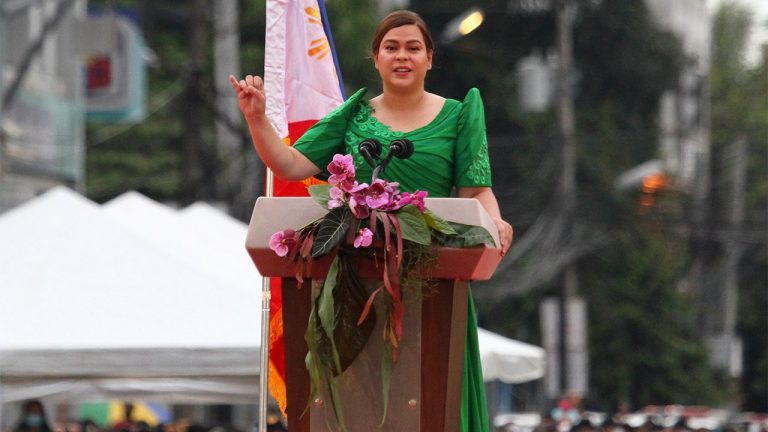

Oceanside residents are unhappy with the city’s short-term rental ordinance, saying it needs to be more restrictive and better enforced.
“Party houses” are causing noise, trash and parking problems, especially in residential neighborhoods near the beach, they told the Oceanside Planning Commission at its meeting Monday.
After listening to the speakers, the Planning Commission recommended that the City Council deny an amendment proposed to tighten up the ordinance it approved in 2019 that allowed the rentals citywide. Instead, the commission said, the city should collect more information about short-term rentals and consider an extensive rewrite of the ordinance.
The proposed amendment would prohibit any new short-term rentals east of the city’s coastal zone, which ends at about Freeman Street, a block east of Coast Highway. Any change to the ordinance will require the City Council’s approval.
“This doesn’t go far enough,” said Commissioner Jay Malik, who moved not to support the recommendation and to ask for more information about things such as violations, enforcement and tax revenue.
Approval of the proposed amendment would be “like squeezing a balloon” and would increase problems in coastal neighborhoods, several speakers said.
“We are seeing three- and four-bedroom homes morph into nine or 10 bedrooms,” said Colleen Balch, a South Oceanside resident and former Planning Commission member.
People are converting garages and other spaces to bedrooms to have more rooms to rent. That means more visitors and more cars on residential streets that already have too little parking.
“Code enforcement is absolutely worthless when it comes to enforcing this,” Balch said. “We need to fix that problem. There is a way to have short-term rentals if they are regulated properly, but this is not the way.”
Most of the problems now are with “the party house activity” in the coastal zone, and the proposed amendment would not fix that, said a Pacific Street resident. A few of the rental properties get large noisy crowds who trespass and litter.
Joel West, a South Oceanside resident and member of the group Save South O, said the amendment would be “a step in the right direction,” but more most be done to regulate the rentals in beach neighborhoods.
One letter writer asked for a moratorium on all new short-term rental permits.
Short-term rentals have proliferated in recent decades, and many coastal and resort communities have encountered similar issues.
Carlsbad passed an ordinance in 2015 that limits short-term rentals to its coastal zone, which is generally west of El Camino Real. Del Mar approved an ordinance in 2017, and San Diego adopted new rules for the rentals in 2018.
Oceanside has issued permits for a total of 1,112 short-term rentals, of which 749 are in the coastal zone and 363 are outside it, City Planner Sergio Madera said Monday. There also are 49 applications citywide for permits on track for approval, and those would be allowed to proceed if the amendment is approved.
The city collected about $163,000 in transient occupancy tax from short-term rentals in fiscal 2022-23, Madera said. Most of the revenue is used to cover the costs of enforcement. The city has a single code enforcement officer assigned to short-term rentals.
One concern sometimes raised is that short-term rentals may reduce the number of homes available for long-term residents. That has not been an issue in Oceanside because the city has about 66,000 “housing units” and the short-term rentals are only a small percentage of that, Madera said.
Short-term rentals are divided into categories, primarily hosted and unhosted. The hosted category is for owners who live in the home while renting rooms to short-term guests.
Some people have suggested that the city only allow hosted rentals, because the owner is usually present to assure guests comply with the rules.
Commissioner Louise Balma said she would not support a hosted-only policy because unhosted rentals are a significant source of tax revenue for the city.
Balma also questioned the need to limit the permits in some eastern parts of the city, such as South Morro Hills, where efforts are underway to grow agri-tourism industries.






